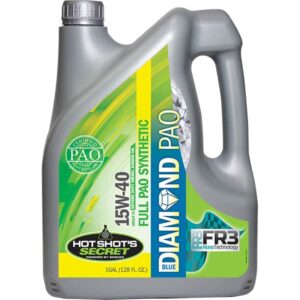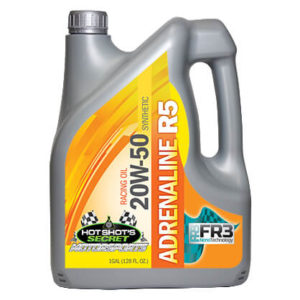Engine Oil
-
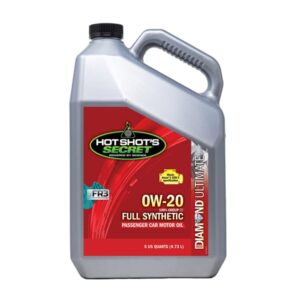
RED DIAMOND Passenger Car Motor Oil
-
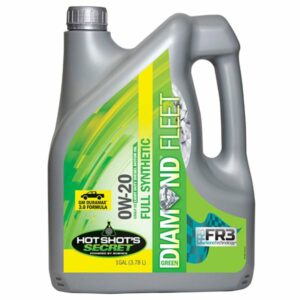
Green Diamond 0W-20 Light Duty Diesel Motor Oil
-
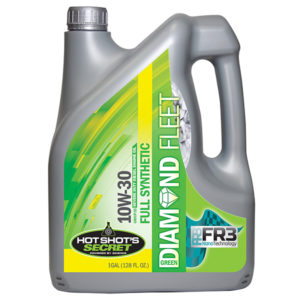
Green Diamond Fleet Engine Oil
-
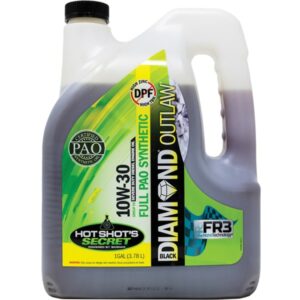
Black Diamond OUTLAW Engine Oil 10w30
-
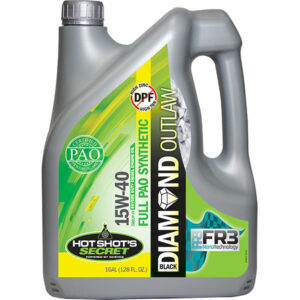
Black Diamond OUTLAW Engine Oil 15W40
-
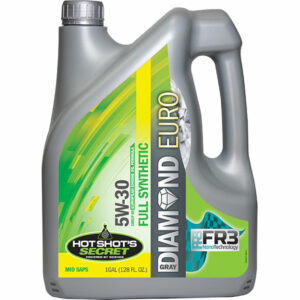
Gray Diamond Euro Engine Oil
-
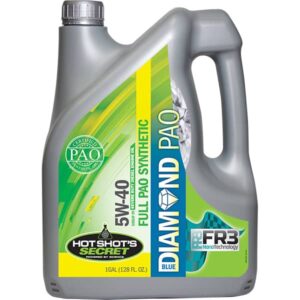
Blue Diamond PAO Engine Oil – 5W40
-
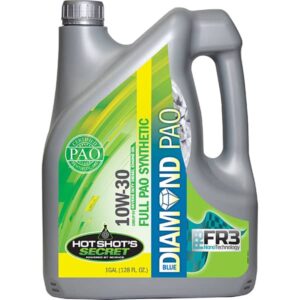
Blue Diamond PAO Engine Oil – 10w30
-
Blue Diamond PAO Engine Oil – 15W40
-
ADRENALINE R-Series Racing Oil
High Performing Diesel & Gas Engine Oil
It’s a common saying that engine oil is the lifeblood of your vehicle, but what do we mean by that? Simply put, we mean that the oil you put in your engine is critical to maintaining your vehicle’s function. Without it, you have a useless car.
Hot Shot’s Secret Engine Oil Lineup
Hot Shot’s Secret® offers multiple grades and viscosity of oils for a wide array of applications. All our oils are infused with our FR3 Nano Technology® to provide the best possible engine protection. The CK-4 additive package provides unsurpassed levels of longevity and performance while keeping the oil cleaner longer and providing better mileage and horsepower. The high detergency and exceptional oxidation and thermal stability that prevents deposit formation and oil breakdown.
GREEN DIAMOND FLEET DIESEL ENGINE OIL is available as a full-synthetic Group III base oil or Group II/III blend in our semi-synthetic oil, used in most common diesel applications.
BLUE DIAMOND® SEVERE DUTY ENGINE OIL is a 100% poly-alpha-olefin (PAO) Group IV synthetic oil. For extreme applications, they can withstand high temps and extreme shearing conditions. Blue Diamond® can be ran up to 3 times longer than the manufacturer’s recommended specifications. With the combined use of a Frantz Bypass Oil Filter, scheduled oil analysis program, and Hot Shot’s Secret® TBN Booster®, your oil can last up to 100,000 miles.
GRAY DIAMOND® EURO ENGINE OIL is a premium full synthetic, mid SAPS engine oil engineered to provide superior performance and protection for gasoline and diesel European vehicles.
BLACK DIAMOND OUTLAW® PAO DIESEL ENGINE OIL is formulated to provide extreme wear protection for off road and street/strip applications and is specifically developed for non DPF applications. Non DPF applications allow a much higher level of zinc in the oil, resulting in up to 3x the amount of wear protection. Infused with our proprietary FR3 Nano Technology®, this oil provides the absolute best level of protection to your diesel engine, as well as an incredible 14 TBN additive package.
ADRENALINE® R-SERIES RACING OILS were formulated for the toughest applications in racing with a wide range of weights available.
Buy Top-Performing Synthetic Oil From Hot Shot’s Secret

For the best in all-around engine protection, check out our Blue Diamond engine oils. We use a 100% synthetic PAO formula of high-quality Group IV and Group V oils to deliver the best in performance and predictability in various conditions. Plus, they’re infused with our patented FR3 Nano-Technology, which increases film strength and lubrication between machine parts.
Check out our site for all of our engine oils, or browse our products to find your next favorite additive.

